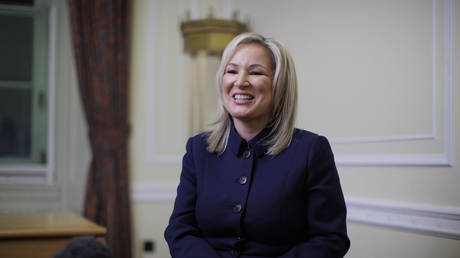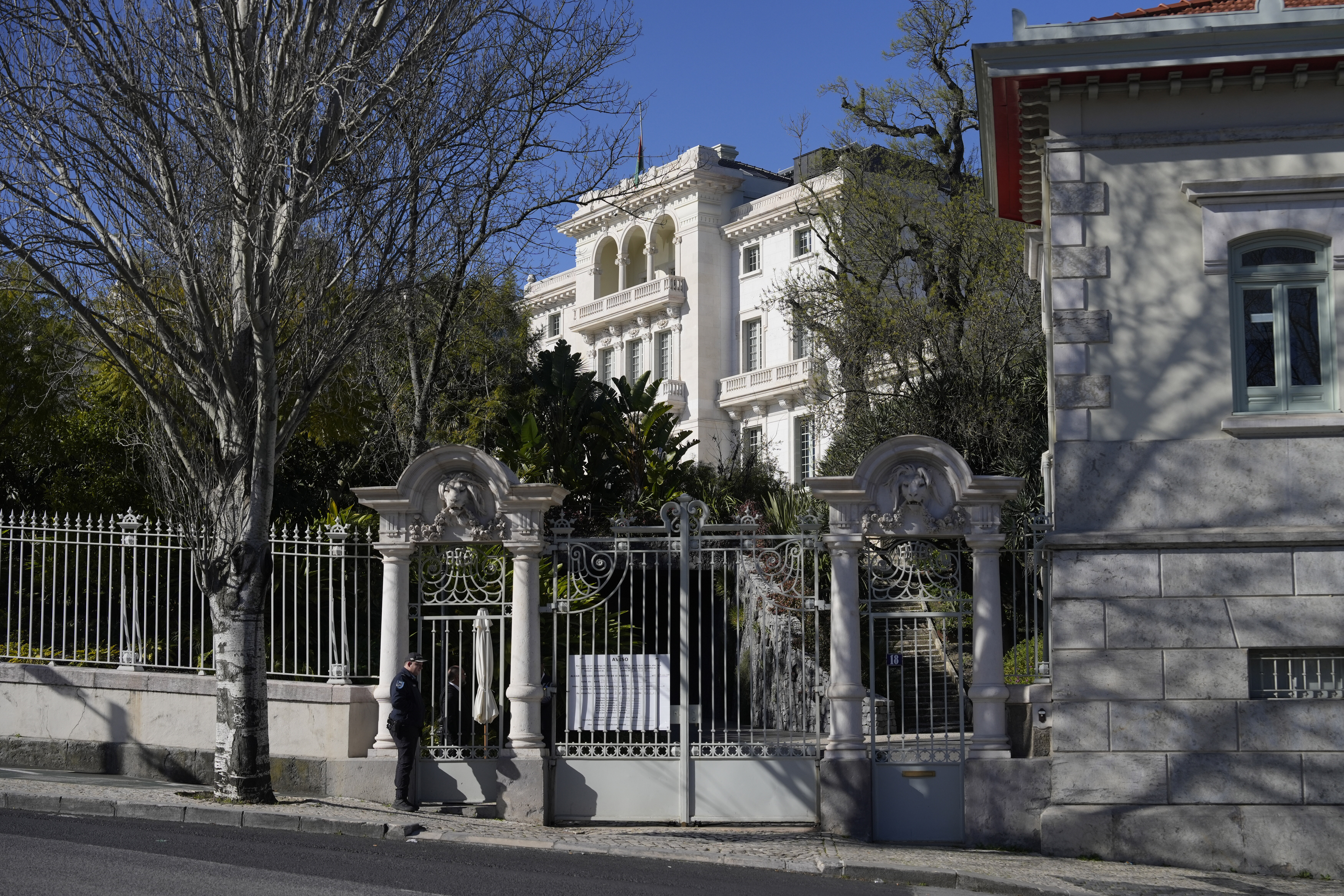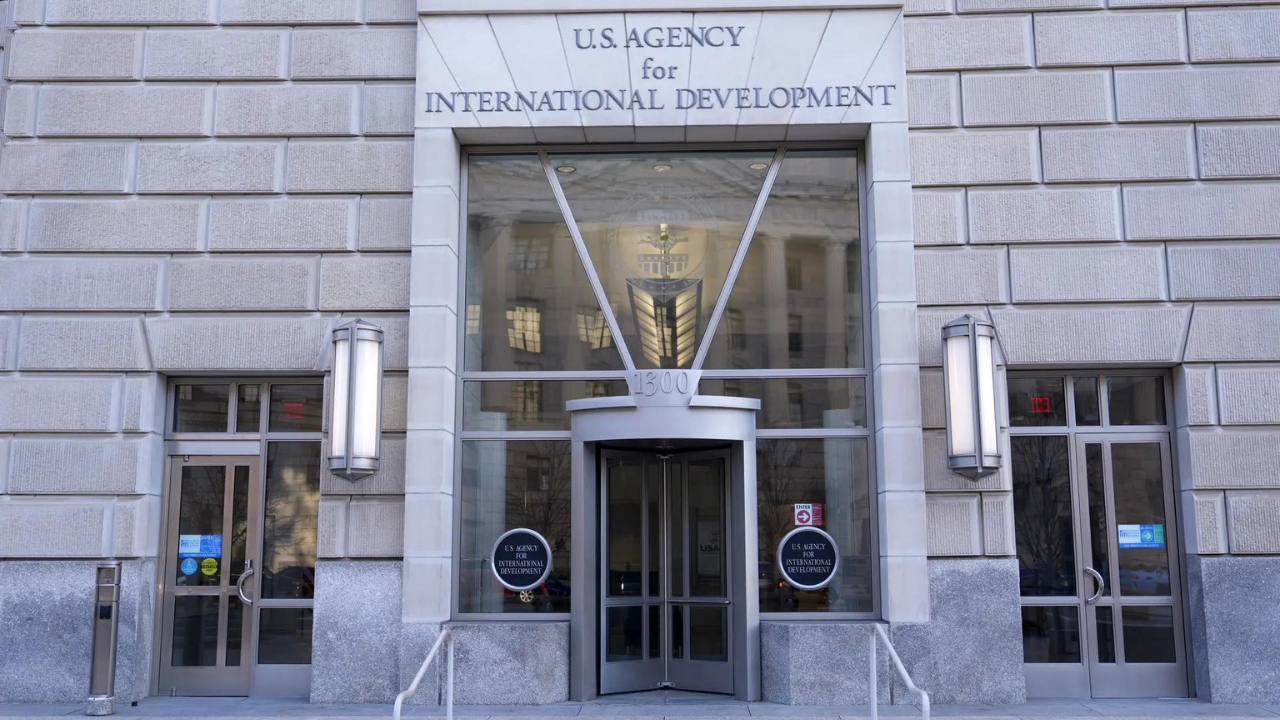ARTICLE AD BOX
Nationalist party Sinn Fein has said a decision on Ireland’s reunification is within “touching distance”
UK Prime Minister Rishi Sunak has downplayed suggestions that a referendum on Irish unity is forthcoming. The British leader made the comments on Monday, after Sinn Fein’s Michelle O’Neill last week became Northern Ireland’s first nationalist First Minister since the partition of Ireland more than a century ago.
Amid what O’Neill referred to as a “new dawn” in Northern Irish politics, Sunak told lawmakers from both sides of the Irish border on Monday that Belfast’s new executive must address granular issues that impact people’s daily lives before pursuing a united Ireland.
“It is not constitutional change, it is delivering on the day-to-day things that matter to people,” Sunak told reporters following a meeting of party leaders, ministers and Irish prime minister Leo Varadkar at Stormont.
The re-establishment of a functioning power-sharing government in Northern Ireland after two years of political gridlock, even with a vastly different political composition to those that came before it, made for a historic day, Sunak said.
Read more Northern Ireland elects first nationalist leader
Northern Ireland elects first nationalist leader
“Northern Ireland’s politicians are back in charge, making decisions on behalf of their people, which is exactly how it should be,” the British prime minister said. “Today isn’t the end. It’s the beginning, and the real work starts now.”
Sunak’s Irish counterpart echoed this sentiment, even if he did not appear alongside the British PM – amplifying suggestions of strained Anglo-Irish political ties over UK legal proposals to offer a limited form of immunity to Britons accused of offenses during the three-decade period of sectarian violence known as ‘The Troubles.’
“That is not a question to answer today,” Varadkar said at a press conference when asked whether Sinn Fein’s political leadership could hasten a referendum on Irish reunification. “The priority for any new executive in any government in any country has to be the day-to-day concerns for people.”
Nationalist party Sinn Fein, which operates on both sides of the Irish border, has a stated aim of achieving a united Ireland. However, this comes in direct contrast to the party they share power with in Stormont, the Democratic Unionist Party (DUP), which seeks to maintain close ties with London.
The DUP collapsed Northern Ireland’s government two years ago in protest at trade rules imposed following the UK’s decision to leave the European Union, which the party itself supported.
The Good Friday Agreement of 1998, which largely ended ‘The Troubles,’ established new parameters for governance in the region, including a power-sharing agreement under which the executive must function.
Last week, Sinn Fein President Mary Lou McDonald said Belfast’s new political identity showed that “change is all around” and added that Irish unity was within “touching distance.”
.png)
 1 year ago
4
1 year ago
4








 English (US)
English (US)